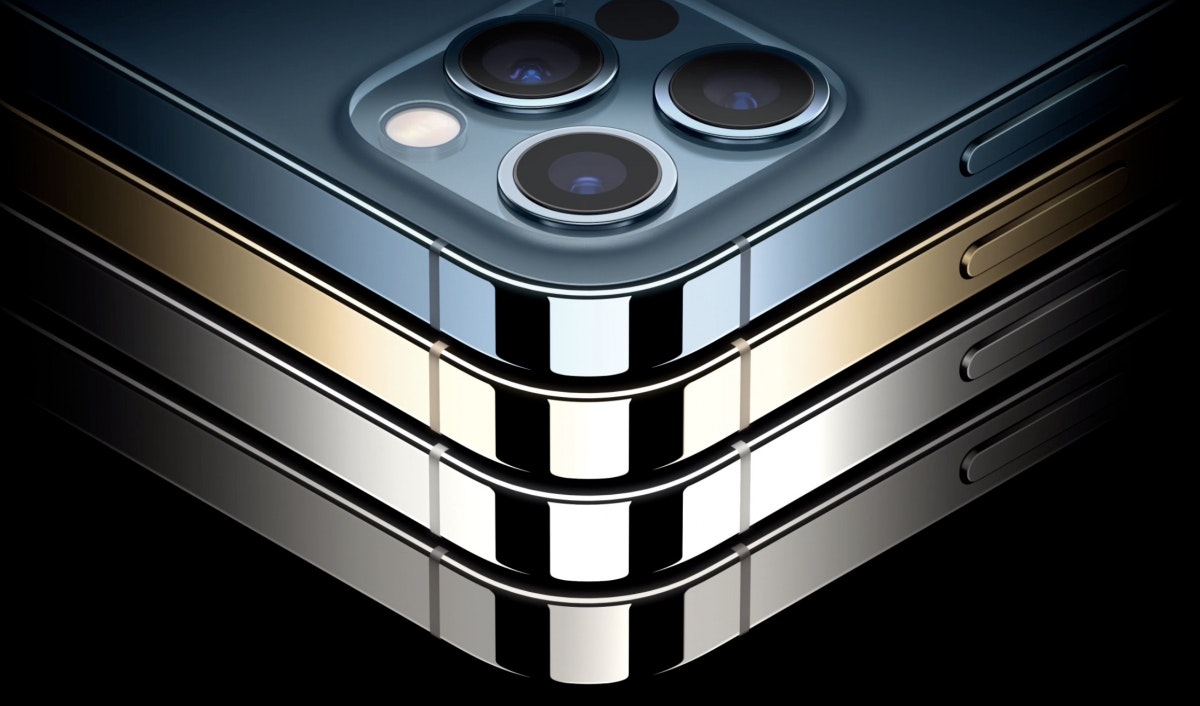New technology makes it possible to forget traumatic memories
According to recent research, it may soon be possible to forget traumatic memories while sleeping. Certain sounds should help.
Technology is playing an increasingly important role in medicine. This ranges from complex experiments, such as implanting chips into the body, to relatively simple methods. Researchers from the University of York have now developed a relatively simple procedure with which traumatic memories can be erased.
The method is based on playing certain sounds during sleep. To do this, the researchers conducted experiments with 29 subjects. During the day they were given specific word pairs. The goal was to remember them overnight. Examples were “Hammer – Office” or “Hammer – Cardi B”. During the night, the participants then received the therapy.
New research lets us forget memories while we sleep
All 29 subjects slept in a sleep laboratory. The researchers meanwhile examined the brain waves of the test subjects. Once in deep sleep, they played a sound file that mentioned one of the words. So the sleeping people listened subconsciously again and again – for example the word “hammer”.
The next day, the participants met again in the laboratory and tested their knowledge. Compared to a group that did not hear any sound samples at night, the subjects remembered the word “hammer” better. On the other hand, they tend to forget the other word. The method opens up completely new possibilities for therapeutic approaches.
Possible supplement to current therapeutic approaches
Therapists could use the approach especially in the treatment of trauma. To do this, they would have to strengthen positive memories in order to mitigate the traumatic ones in return. But it will probably take some time before that happens.
Because in the next step, the researchers want to examine the effects more specifically. It is not yet entirely clear how selected memories can be strengthened and how the process of forgetting works in the brain. Because remembering words is still quite simple compared to real memories.
Also interesting:



